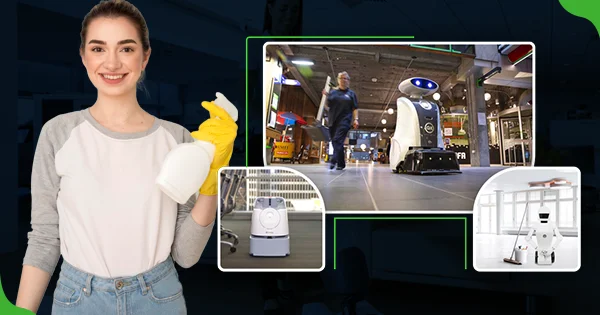The cleaning industry is rapidly evolving with the adoption of innovative technologies and eco-friendly practices. From automated equipment to data-driven scheduling, businesses are embracing smarter cleaning solutions that deliver efficiency, cost savings, and sustainability.
Technology in Modern Cleaning
Robotics, AI, and smart cleaning tools are transforming how spaces are maintained. These innovations ensure higher precision, reduced downtime, and consistent cleaning results across all commercial environments.
Adapting to Business Needs
Every workplace has unique requirements. Professional office cleaning services are adapting with flexible schedules, tailored plans, and advanced cleaning methods to support productivity and employee well-being.
Health and Safety Focus
In a post-pandemic world, the demand for hygienic spaces has never been greater. Regular disinfection cleaning services are becoming a vital part of facility management to safeguard employees, clients, and visitors.
Conclusion
The future of cleaning is not just about making spaces look good; it’s about creating healthier, smarter, and safer environments. By embracing modern solutions, businesses can achieve higher standards of cleanliness and efficiency.


